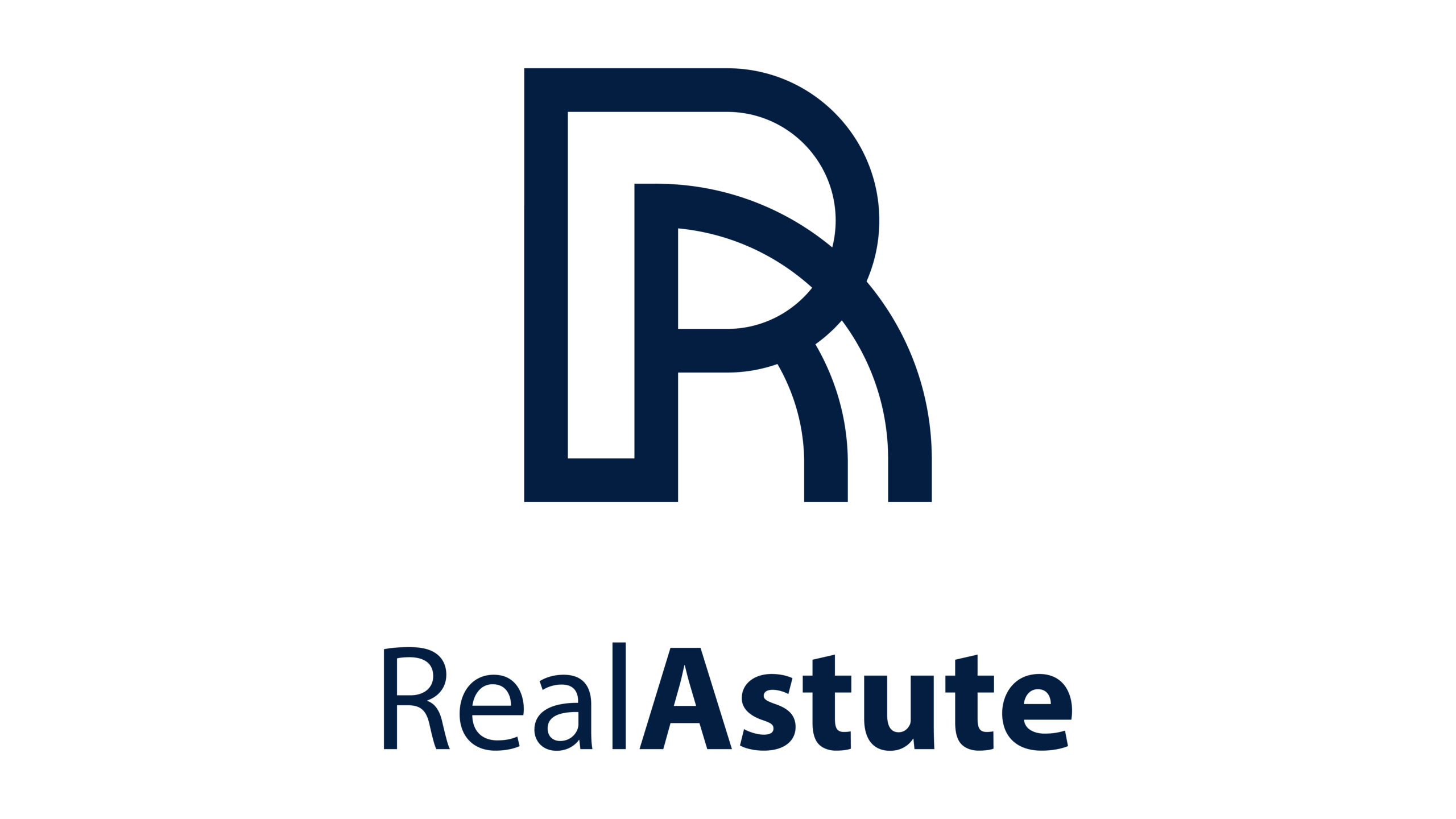
Rental-vs.-Purchase Decision: Not So Simple
Kevin Shirley, Associate Broker (DC), GRI, ASP, e-PRO
When your primary residence is a rental, from time to time, you may find yourself pausing, finger hovering over the enter key preparing to “submit rental payment,” thinking, “What if this money were going to buy this place, instead …?”
It’s a nearly unavoidable thought because common wisdom has it that buying a home usually makes more financial sense than renting it. That sounds sensible simply because, at the end of the day (or, more accurately, at the end of a 15- or 30-year mortgage term), ownership means you no longer have to write those checks: you own that “rental.”
It could be true — but there’s a lot more involved in the purchase-or-rent decision. If you make it a point periodically to recalculate your situation, should it turn out that you aren’t any better off exiting the rental ranks, writing those checks to the landlord will become a less stressful activity.
The first consideration is location, location, location — but not in the usual sense. The question is how permanently you are likely to stay where you are. What are the odds that your job or family issues will take you away? If you expect to move out of the area within five years or less, a rental could well be a better choice. Buying and selling expenses — plus the time and effort involved — are factors that often make it wiser to delay buying until you are situated more permanently.
Then there is the real monthly outlay comparison between the two. Realistic calculations for owning take into account all of the monthly expenses involved. These expenses include property taxes, homeowner or condo fees, insurance, gardening expenses, utility costs, and maintenance costs (they tend to be more than your first estimate). If your rental check is significantly smaller than the monthly home owning total, your financial ship might float higher if you put the difference into a savings account. You should consider whether your money might be put to better use elsewhere.
That last item points to the overriding issue: whether your current savings can support a purchase without incurring too much financial strain. That monthly homeownership calculation did not include the initial cost — the down payment and other closing costs. This part may have become less of a hurdle recently: The Federal Housing Administration has reduced its requirements. In fact, it may be possible to buy a house with an FHA mortgage with as little as a 3.5% down payment … although a higher down payment means a lower mortgage payment and no private mortgage insurance.
The last part of your calculation is one that can be a very positive financial benefit of ownership vs. rental: the mortgage interest tax deduction. Especially for those in higher income tax brackets with hefty mortgages, it can tilt the scales toward ownership.
I’m here to offer help and advice about any rental and ownership questions — in fact, about any of your real estate questions. I hope you won’t hesitate to give me a call!






